Home>Articles>What Is A Modular Home And Is It Worth Buying One?
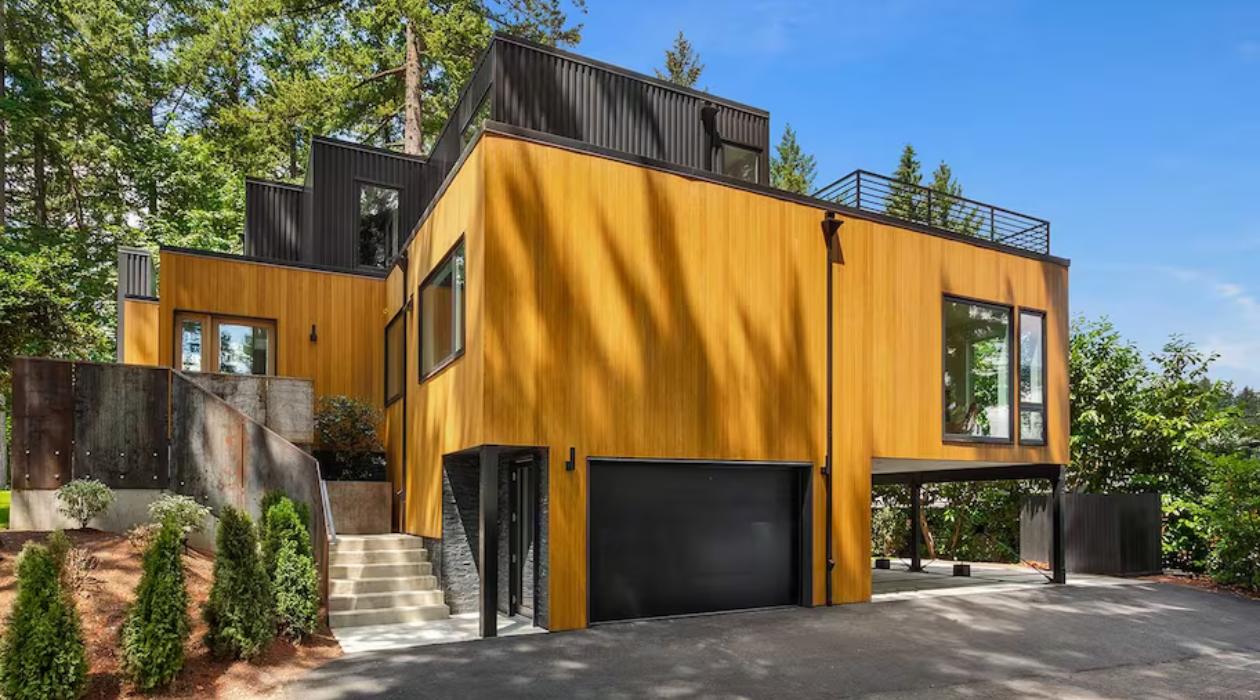

Articles
What Is A Modular Home And Is It Worth Buying One?
Modified: August 18, 2024
Learn all about modular homes in this informative article. Find out if they are worth buying and how they compare to traditional houses.
(Many of the links in this article redirect to a specific reviewed product. Your purchase of these products through affiliate links helps to generate commission for Storables.com, at no extra cost. Learn more)
Introduction
Welcome to the world of modular homes! In recent years, modular homes have gained popularity as a modern and convenient housing option. But what exactly is a modular home, and is it worth buying one? In this article, we will delve into the world of modular homes, exploring their construction process, benefits, drawbacks, customization options, cost, financing, and resale value. By the end of this article, you will have a comprehensive understanding of modular homes and whether they are the right choice for you.
A modular home, also known as a prefab home or factory-built home, is a structure that is partially or entirely constructed off-site in a factory setting. Unlike traditional site-built homes, which are built entirely on the construction site, modular homes consist of pre-manufactured sections, or modules, that are transported to the site and assembled.
So, why opt for a modular home? One of the major advantages of modular homes is their efficiency and speed of construction. Since modular homes are constructed in a controlled factory environment, they are not subject to weather delays and other on-site complications. This means that the construction process is typically faster and more efficient than traditional site-built homes.
Another benefit of modular homes is their cost-effectiveness. Due to the controlled manufacturing process and the ability to order materials in bulk, modular homes can often be more affordable than their site-built counterparts. Additionally, since the construction process is completed in a factory, there is less waste generated, resulting in cost savings.
Modular homes also offer a high level of customization. While there are pre-designed modular home models available, you also have the flexibility to personalize your home by selecting various floor plans, finishes, and features. This allows you to create a home that suits your individual needs and preferences.
However, like any other form of housing, modular homes also have some drawbacks. One potential disadvantage is the limited design options compared to site-built homes. While modular homes offer customization options, they may not provide the same level of architectural freedom as traditional homes.
Additionally, the resale value of modular homes may be lower compared to site-built homes. This is because there is still a stigma associated with modular homes, with some people considering them to be of lower quality or less durable. However, as modular homes continue to gain popularity and advancements in construction technology are made, this perception is gradually changing.
In the following sections of this article, we will delve deeper into the specifics of modular homes, exploring their construction process, cost, financing options, customization possibilities, and resale value. So, if you’re curious about the world of modular homes, let’s embark on this journey together and discover if it’s the right housing option for you!
Key Takeaways:
- Modular homes offer cost savings, efficiency, and customization options, making them a practical and attractive housing choice for those seeking a modern and convenient living solution.
- While concerns about resale value persist, changing perceptions, construction quality, and proper maintenance contribute to the strong resale value of modular homes, positioning them as a sound long-term investment.
Read more: Is It Worth Buying A Pillow Protector?
What is a Modular Home?
A modular home, also known as a prefabricated or factory-built home, is a type of housing that is constructed off-site in a controlled factory environment. Unlike traditional site-built homes, which are built entirely on the construction site, modular homes consist of pre-built sections, or modules, that are manufactured in a factory and then transported to the site for assembly.
Each module is built to precise specifications, using high-quality materials and adhering to local building codes and regulations. These modules are typically constructed with a steel or wooden frame and feature various components, including walls, floors, ceilings, windows, doors, electrical systems, plumbing, and insulation.
The construction process of modular homes involves several steps. First, the home design is finalized, and the modules are constructed in the factory according to the approved design. Once completed, the modules are transported to the site using flatbed trucks and cranes. The modules are then assembled and secured together to form a complete home structure.
One of the key advantages of modular homes is their efficiency and speed of construction. Since the modules are constructed in a factory setting, they are not subject to weather delays, subcontractor availability, or on-site construction obstacles. This results in a faster construction timeline compared to traditional site-built homes. In fact, modular homes can be assembled and ready for occupancy in a matter of weeks, while site-built homes can take several months or even years to complete.
Furthermore, the controlled manufacturing environment of modular homes ensures a higher level of quality control. Since each module is built in a factory under strict supervision and inspections, the risk of errors, inconsistencies, and construction defects is greatly reduced. This results in a more durable and structurally sound home.
Modular homes also offer a range of design options and architectural styles. While there are pre-designed modular home models available, you can also work with manufacturers and designers to customize your home according to your preferences. From selecting floor plans and finishes to adding personalized features, you have the flexibility to create a home that suits your needs and reflects your style.
It’s important to note that modular homes are not to be confused with manufactured homes, which are also constructed off-site but are subject to different building codes and regulations. Modular homes are built to the same codes and standards as traditional site-built homes, making them indistinguishable in terms of appearance and quality.
In summary, a modular home is a modern housing option that offers the benefits of efficiency, quality, customization, and design flexibility. With their controlled manufacturing process, shorter construction timelines, and durable construction, modular homes have gained popularity as a viable alternative to traditional site-built homes.
Benefits of Modular Homes
Modular homes offer numerous benefits that make them an attractive housing option for many individuals and families. From cost savings to sustainability, here are some of the key advantages of modular homes:
- Cost Savings: One of the primary benefits of modular homes is their cost-effectiveness. Due to the controlled factory construction process, materials can be ordered in bulk, resulting in lower costs compared to traditional site-built homes. Additionally, the efficient and streamlined construction process of modular homes can minimize labor and time costs, further contributing to overall cost savings.
- Efficiency and Speed: Modular homes are known for their efficiency and speed of construction. Since the modules are manufactured in a factory setting, they are not subject to weather delays or other on-site obstacles. This means that the construction process can proceed smoothly and quickly, significantly reducing the overall construction time compared to traditional homes.
- Quality Control: Modular homes undergo rigorous quality control processes during the manufacturing stage. Skilled workers and inspectors ensure that each module is built to the highest standards and adheres to local building codes and regulations. This results in a higher level of craftsmanship and structural integrity, leading to a more durable and long-lasting home.
- Customization Possibilities: Modular homes offer a wide range of customization options. While there are pre-designed modular home models available, you also have the flexibility to personalize your home according to your preferences. From choosing floor plans and interior finishes to adding specific features and upgrades, you can create a home that suits your unique needs and style.
- Sustainability: Modular homes are considered a more environmentally friendly housing option. With their efficient construction process and the ability to minimize waste through bulk material ordering, modular homes generate less construction waste compared to traditional homes. Additionally, many modular home manufacturers prioritize energy-efficient features, such as insulation, windows, and appliances, which can lead to long-term energy savings and reduce the home’s environmental impact.
- Flexibility and Portability: The modular construction method allows for greater flexibility and portability. Modular homes can be designed and built to fit various property sizes and configurations. Additionally, if the need arises, modular homes can be disassembled and relocated to a different site, making them a practical solution for those who value mobility or have changing living situations.
- Financing Options: Financing for modular homes is readily available. Many banks, lenders, and financial institutions offer loans specifically tailored to modular home purchases. In some cases, modular homes may qualify for the same financing options as traditional site-built homes, making them accessible to a wide range of homebuyers.
Overall, modular homes provide a cost-effective, efficient, and customizable housing solution that can meet the needs and preferences of a diverse range of homeowners. Whether you are looking for your first home, downsizing, or seeking a sustainable and flexible living option, modular homes offer numerous benefits that make them worth considering.
Drawbacks of Modular Homes
While modular homes offer many advantages, it’s important to consider the drawbacks before making a decision. Here are some potential downsides to modular homes:
- Limited Design Options: While there is some degree of customization available for modular homes, they may have more limited design options compared to traditional site-built homes. Modular homes often follow a specific set of design parameters and module sizes, which can restrict architectural freedom and unique design features.
- Perception and Resale Value: There remains a lingering stigma associated with modular homes. Some individuals still perceive them as of lower quality or less durable than traditionally built homes. This perception can impact the resale value of a modular home, and it may take time for the broader market to fully appreciate the quality and benefits of modular construction.
- Transportation and Site Preparation: The transportation and site preparation for a modular home can present logistical challenges. Since the modules are transported to the site, there needs to be ample space for delivery, parking, and assembly. Additionally, the site must be appropriately prepared, including the foundation and necessary utility connections.
- Dependency on Manufacturer: Choosing a reputable and experienced modular home manufacturer is crucial. The quality and reliability of the final product heavily depend on the manufacturer’s expertise and attention to detail. It’s essential to thoroughly research and select a reliable manufacturer to ensure a successful modular home building experience.
- Permitting and Zoning Regulations: Modular homes may be subject to specific permitting and zoning regulations, which can vary by location. It’s essential to familiarize yourself with the local regulations and ensure that your chosen modular home design complies with all necessary building codes and permits.
- Limited Room for On-Site Customization: While there is flexibility in the customization of modular homes during the pre-construction phase, making significant changes or additions on-site can be challenging. The modules are designed and built to specific dimensions, and altering them during assembly may require additional time, resources, and cost.
- Potential Cost Overruns: While modular homes are known for their cost-effectiveness, unexpected costs can still arise during the construction process. Factors such as site preparation, transportation, and customization can contribute to cost overruns if not properly budgeted and planned for.
It’s important to weigh these drawbacks against the benefits when considering a modular home. While there are some limitations and challenges, modular homes continue to gain popularity and recognition for their efficiency, cost-effectiveness, and quality. By understanding these drawbacks and taking appropriate steps in the planning and building process, you can maximize the benefits of a modular home while mitigating potential challenges.
Modular Home Construction Process
The construction process of a modular home differs from that of a traditional site-built home. Here’s an overview of the steps involved in constructing a modular home:
- Design and Planning: The process begins with designing the modular home according to your requirements and preferences. You can work with an architect or choose from pre-designed modular home models. Once the design is finalized, detailed plans and specifications are created.
- Factory Construction: In a controlled factory environment, the modules that make up the modular home are constructed. Skilled workers use the approved plans and specifications to build each module, which includes walls, floors, ceilings, plumbing, electrical systems, windows, and doors. The modules are constructed using high-quality materials and adhere to local building codes and regulations.
- Transportation to the Site: Once the modules are completed, they are transported to the building site. Typically, flatbed trucks are used to transport the modules. The modules are securely loaded onto the trucks and transported to the site, where they will be assembled.
- Site Preparation: Before the modules are delivered, the building site needs to be prepared. This involves clearing the site, leveling the ground, and ensuring proper drainage. The foundation, whether it is a crawl space or a basement, is also prepared prior to the arrival of the modules.
- Module Assembly: Once the modules are delivered to the site, they are carefully lifted into place and assembled by a team of professionals. Cranes may be used to lift the modules, and they are secured together according to the manufacturer’s instructions and local building codes. This process involves connecting the modules, aligning them, and sealing the joints to ensure a watertight and structurally sound home.
- Interior and Exterior Finishing: After the modules are assembled, the interior and exterior finishing work begins. This includes installing interior fixtures, such as cabinets, countertops, appliances, plumbing fixtures, and electrical systems. On the exterior, siding, roofing, and any necessary landscaping are completed.
- Utilities and Services: Once the modular home is assembled and finished, the necessary utility connections are made. This includes hooking up electrical, plumbing, and HVAC systems to the main power grid, water supply, and sewer/septic system. Inspections are conducted to ensure all connections and systems are functioning properly.
- Final Inspections and Occupancy: Before the modular home can be occupied, final inspections are conducted to assess its compliance with building codes and regulations. Once the modular home passes all inspections, it is ready for occupancy, and the homeowner can move in and enjoy their new home.
The modular home construction process offers several advantages over traditional site-built homes, including faster construction timelines, controlled quality, and reduced on-site disruptions. By following these steps, modular homes are efficiently constructed to provide homeowners with a durable, well-designed, and customizable housing solution.
When considering a modular home, research the reputation of the manufacturer and ensure they have a good track record for quality and customer satisfaction. This will help ensure you are making a worthwhile investment.
Read more: What Is A Modular Construction
Cost of Modular Homes
The cost of modular homes can vary depending on several factors, including location, size, design, customization options, and the specific manufacturer. While modular homes are generally considered more cost-effective than traditional site-built homes, it’s important to understand the various cost components involved. Here’s an overview of the factors that can influence the cost of modular homes:
- Base Price: The base price of a modular home refers to the cost of the standard design and construction without any customization or additional features. It typically includes the cost of the modular modules, transportation to the site, and basic interior and exterior finishes.
- Customization: The cost of customization can significantly affect the overall price of a modular home. Customization options include selecting specific floor plans, materials, fixtures, finishes, and adding any personalized features or upgrades. Each customization choice may result in an additional cost.
- Site Preparation: Before the modules are delivered, the site needs to be prepared, which can involve clearing, grading, and leveling the land, as well as the installation of the foundation (such as a crawl space or basement). The cost of site preparation can vary depending on the condition of the site and the complexity of the foundation.
- Delivery and Installation: The transportation of the modules to the site and their assembly also contribute to the overall cost. Factors such as the distance from the factory, accessibility of the site, and the need for specialized equipment or permits can impact the delivery and installation charges.
- Utilities and Connections: The cost of connecting the modular home to utilities, such as electricity, water, and sewer/septic, should be considered. This includes any necessary permits, labor, and materials required for the proper functioning of the home’s utilities.
- Financing and Insurances: When budgeting for a modular home, it’s essential to factor in financing costs, which may include mortgage interest rates, loan origination fees, and insurance premiums. It’s recommended to explore different financing options and obtain quotes from multiple lenders to find the most suitable terms for your modular home purchase.
- Additional Costs: Other costs to consider include landscaping, interior furnishings, appliances, and any additional structural or aesthetic modifications you may desire. These costs are similar to those incurred when furnishing and decorating a traditional home.
It’s important to note that the cost of modular homes can vary significantly depending on location and market conditions. Modular homes tend to be more affordable in areas where the cost of construction is lower. Additionally, choosing a reputable modular home manufacturer known for quality craftsmanship and timely delivery can help ensure a better overall value for your investment.
When comparing the cost of modular homes to traditional site-built homes, it’s important to consider the long-term benefits and savings of modular construction. Energy-efficient features, reduced construction waste, and faster construction timelines can result in lower monthly utility bills and reduced maintenance costs over time.
As you embark on your modular home journey, it’s advisable to get multiple quotes from different manufacturers and compare the prices and options available. This will help you make an informed decision and find a modular home that suits your budget and preferences.
Financing Options for Modular Homes
Financing a modular home is similar to financing a traditional site-built home, with various options available to suit different financial situations. While the specific terms and eligibility criteria may vary among lenders, here are some common financing options for modular homes:
- Mortgage Loans: The most common way to finance a modular home is through a mortgage loan. Mortgage loans are typically offered by banks, credit unions, and other financial institutions. These loans allow you to borrow a specific amount of money to purchase the modular home, and you repay the loan over a set term with interest. Mortgage loans for modular homes may have similar eligibility requirements to traditional home loans, such as income verification, credit history, and a down payment.
- Construction Loans: If you choose to build a custom modular home, you may need a construction loan. Construction loans provide funds to cover the building process from start to finish. These loans usually have specific terms and disbursement schedules tied to the construction milestones. Once the construction is completed, the construction loan can be refinanced into a traditional mortgage loan.
- FHA Loans: The Federal Housing Administration (FHA) offers loan programs that are designed to help individuals and families with lower credit scores or limited down payment funds to purchase homes. FHA loans can be used to finance modular homes, and they typically require a lower down payment compared to conventional mortgage loans. FHA loans also have more flexible eligibility requirements, making them accessible to a wider range of homebuyers.
- USDA Loans: The United States Department of Agriculture (USDA) provides loans for rural homebuyers through the Rural Development program. USDA loans are specifically designed to help low to moderate-income families who are purchasing homes in eligible rural areas. Modular homes may qualify for USDA loans, which offer competitive interest rates and low or no down payment options.
- VA Loans: If you are a current or former member of the military, you may be eligible for a VA (Veterans Affairs) loan to finance your modular home purchase. VA loans are backed by the Department of Veterans Affairs and provide favorable terms, including no down payment requirement, flexible credit requirements, and lower interest rates compared to conventional loans.
- Personal Loans: For individuals who are unable to secure a traditional mortgage loan or prefer an alternative financing option, personal loans can be considered. Personal loans are typically unsecured loans that are based on your creditworthiness. These loans can be used to finance the purchase of a modular home, but they may have higher interest rates and shorter repayment terms compared to mortgage loans.
- Builder Financing: Some modular home manufacturers or builders offer in-house financing options. These financing arrangements are provided directly by the builder and may have more flexible terms compared to traditional lenders. It’s important to carefully review the terms, interest rates, and eligibility requirements of builder financing options before committing to them.
When exploring financing options for your modular home, it’s crucial to shop around, compare rates, and consider the terms and conditions of each loan option. Obtaining quotes from multiple lenders and evaluating the total cost of borrowing, including interest rates, closing costs, and fees, will help you make an informed decision. Consulting with a mortgage specialist or financial advisor can also provide valuable guidance in selecting the most suitable financing option for your modular home purchase.
Remember to thoroughly read and understand the terms of any financing agreement before signing. This includes reviewing repayment schedules, interest rates, prepayment penalties, and any additional fees. By carefully considering your financing options, you can secure the necessary funding to make your modular home ownership dream a reality.
Customization and Design Options for Modular Homes
One of the significant advantages of modular homes is the flexibility and range of customization and design options available. While modular homes often come in a variety of pre-designed models, you also have the opportunity to personalize your home to suit your preferences and needs. Here are some of the customization and design options for modular homes:
- Floor Plans: Modular homes can be customized with different floor plans to meet your specific requirements. You can choose from a range of layouts, including open concept designs, traditional designs, or layouts optimized for specific functions such as entertainment, working from home, or multigenerational living. The floor plan customization allows you to create a home that fits your lifestyle and preferences.
- Interior Finishes: From flooring materials to cabinetry and countertops, you have the freedom to select the interior finishes of your modular home. Customizing the interior finishes allows you to harmonize the aesthetics of your home with your personal style and preferences. You can choose from a variety of options, such as hardwood or laminate flooring, tile or stone countertops, and different types of cabinetry finishes.
- Exterior Finishes: Just like the interior, you can choose the exterior finishes of your modular home. This includes selecting the type of siding, roofing materials, and paint colors. You can opt for materials such as vinyl, fiber cement, or brick, and choose from an array of colors and styles to create the desired exterior appearance.
- Architectural Features: Modular homes can be customized with various architectural features to add character and uniqueness. These features may include dormers, porches, decks, balconies, and distinctive window styles. Integrating architectural features provides an opportunity to enhance the curb appeal and add personalized touches to your modular home.
- Energy Efficiency: Many modular home manufacturers offer energy-efficient options and features. These may include enhanced insulation, double or triple-pane windows, high-efficiency HVAC systems, and energy-saving appliances. Customizing your modular home with energy-efficient features can help reduce utility costs, minimize environmental impact, and increase overall comfort.
- Kitchen and Bathroom Upgrades: The kitchen and bathrooms are often the most utilized areas of a home. Modular homes can be customized with various upgrades, such as high-quality appliances, extra storage options, modern fixtures, and luxurious finishes. These upgrades allow you to create a functional and stylish kitchen and bathroom spaces tailored to your tastes.
- Technology Integration: Modular homes can be designed with advanced technology integration. This may include pre-wiring for home automation systems, smart thermostats, security systems, and built-in speakers. Integrating technology into your modular home ensures modern convenience and enhances the overall functionality of your home.
When customizing your modular home, it’s important to work closely with your chosen manufacturer or builder. This collaboration will allow you to explore the available options and ensure that your design choices align with the manufacturing processes and structural requirements of the modular home.
Before finalizing your customization decisions, consider your budget, preferences, and long-term vision for your home. It may be helpful to create a list of priorities and consult with experts or designers who specialize in modular home customization for guidance and inspiration.
Remember that customization options and availability may vary among manufacturers, so it’s essential to conduct thorough research and evaluate multiple options before making your final decisions. With the ability to personalize various aspects of your modular home, you can create a living space that reflects your unique style, functional needs, and vision of home.
Resale Value of Modular Homes
When considering purchasing a modular home, it’s natural to wonder about its resale value. While modular homes have gained recognition and popularity in recent years, some concerns about their resale value still exist. However, it’s important to understand that modular homes can hold their value well and even appreciate over time. Here are some factors to consider regarding the resale value of modular homes:
- Changing Perceptions: Over the years, the perception of modular homes has gradually evolved. Initially, some individuals considered modular homes to be of lower quality compared to traditional site-built homes. However, as modular home construction technology has advanced, the gap in perceived quality has significantly narrowed. This changing perception has positively influenced the resale value of modular homes.
- Comparable Market Value: When it comes to selling a modular home, the resale value is often determined by its comparable market value. Appraisers and real estate agents consider factors such as location, size, condition, and the local housing market when determining the value of a home. If modular homes in the area are selling well and are comparable to traditional site-built homes, the resale value is likely to be strong.
- Construction Quality: The construction quality of a modular home can significantly impact its resale value. Modular homes undergo strict quality control processes during manufacturing, ensuring that they meet local building codes and regulations. This attention to quality contributes to a more durable and structurally sound home. Buyers are often willing to pay a premium for a well-built modular home, as they recognize the value in its construction.
- Maintenance and Upkeep: Proper maintenance and upkeep are essential for preserving the value of any home, including modular homes. Regular maintenance, such as painting, cleaning, and servicing the HVAC system, helps maintain the overall condition and appearance of the home. By keeping the modular home well-maintained, you can enhance its appeal and resale value.
- Energy Efficiency: Modular homes have the potential to be energy-efficient due to their advanced construction techniques and ability to incorporate energy-saving features. Energy-efficient homes often have lower utility costs, which can be an attractive selling point for potential buyers. The emphasis on sustainability and energy efficiency in recent years has further increased the value of energy-efficient modular homes in the resale market.
- Local Market Factors: The resale value of modular homes, like any other property, can also be influenced by local market factors such as supply and demand, economic conditions, infrastructure developments, and community amenities. It’s important to consider these factors when evaluating the potential resale value of a modular home in a specific area.
To maximize the resale value of your modular home, it’s advisable to keep a record of any upgrades, additions, or renovations you make over the years. These improvements can enhance the desirability and value of the home when it comes time to sell.
Working with a reputable modular home manufacturer and ensuring proper documentation of the home’s construction and compliance with building codes can also instill confidence in potential buyers. Additionally, staging the home, highlighting its unique features, and marketing it effectively can help attract interested buyers and potentially increase the resale value.
Ultimately, the resale value of a modular home can vary depending on various factors. By maintaining the home, taking advantage of its energy-efficient features, and being aware of local market conditions, you can position your modular home for a successful resale and ensure a solid return on your investment.
Read more: What Is A Modular Brick
Conclusion
Modular homes offer a modern and convenient housing option that comes with numerous benefits and opportunities for customization. They are constructed off-site in a controlled factory environment, resulting in faster construction timelines, cost savings, and high-quality craftsmanship. While modular homes may have some limitations in terms of design options and perceptions about resale value, these drawbacks are gradually diminishing as the industry evolves.
Throughout this article, we explored the world of modular homes, from understanding what they are to the various factors that impact their cost, financing, customization options, and resale value. We learned that modular homes can be customized to fit individual preferences, with choices available for floor plans, interior and exterior finishes, architectural features, and energy-efficient upgrades. The ability to personalize a modular home allows for a dwelling that not only suits specific needs but reflects personal style and taste.
When it comes to financing a modular home, various options exist, including mortgage loans, construction loans, FHA loans, USDA loans, VA loans, personal loans, and even builder financing. Exploring these options and comparing rates and terms will ensure that the financing chosen aligns with individual circumstances and goals.
While concerns about the resale value of modular homes persist, changing perceptions, construction quality, comparable market value, and proper maintenance contribute to a strong resale value. It’s important to keep in mind that local market factors and the overall condition of the home also play a role in determining its resale value.
In conclusion, modular homes are an exciting and viable option for those seeking an efficient, customizable, and cost-effective housing solution. Through advancements in construction technology and changing perceptions, the modular home industry continues to grow and gain recognition. Whether you’re a first-time homebuyer, looking to downsize, or wanting to embrace a more sustainable lifestyle, consider the advantages of a modular home and explore the possibilities it offers.
As you embark on your modular home journey, conduct thorough research, consult with professionals, and make informed decisions. By doing so, you can ensure that your modular home is not only a practical and comfortable living space but also a sound investment for the future.
Frequently Asked Questions about What Is A Modular Home And Is It Worth Buying One?
Was this page helpful?
At Storables.com, we guarantee accurate and reliable information. Our content, validated by Expert Board Contributors, is crafted following stringent Editorial Policies. We're committed to providing you with well-researched, expert-backed insights for all your informational needs.
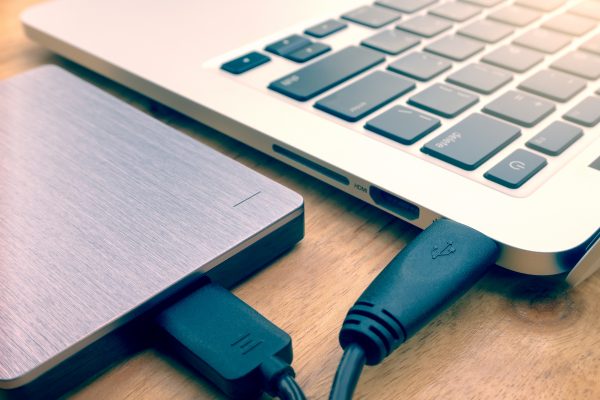
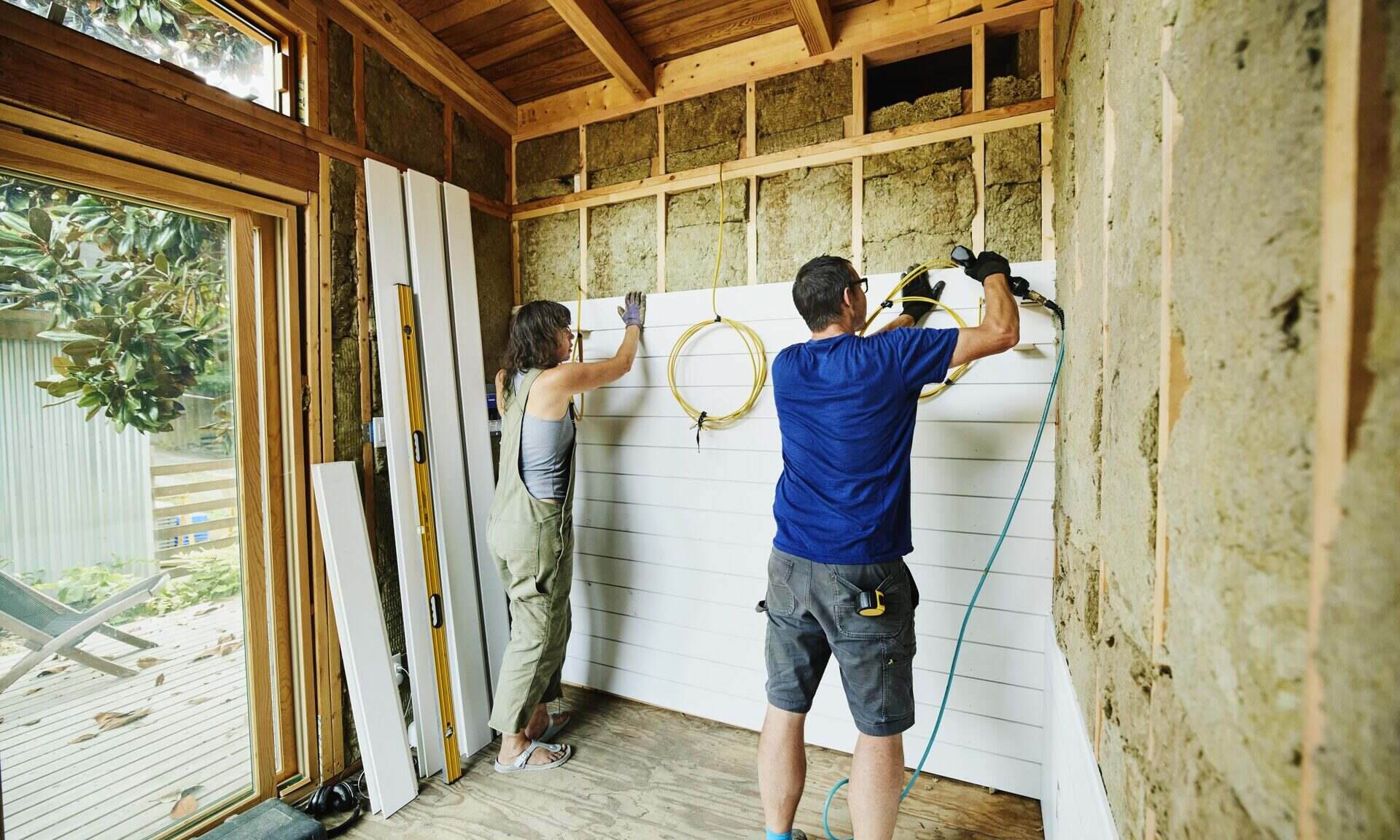
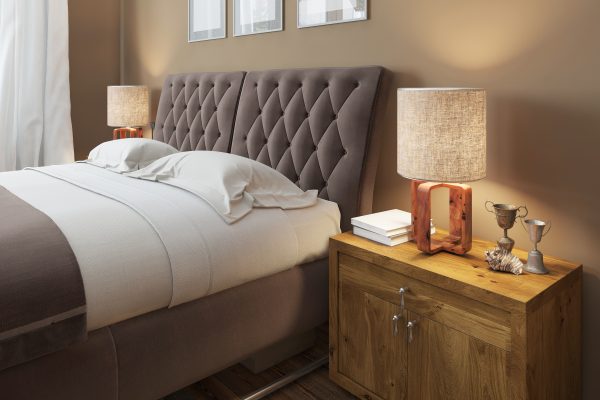
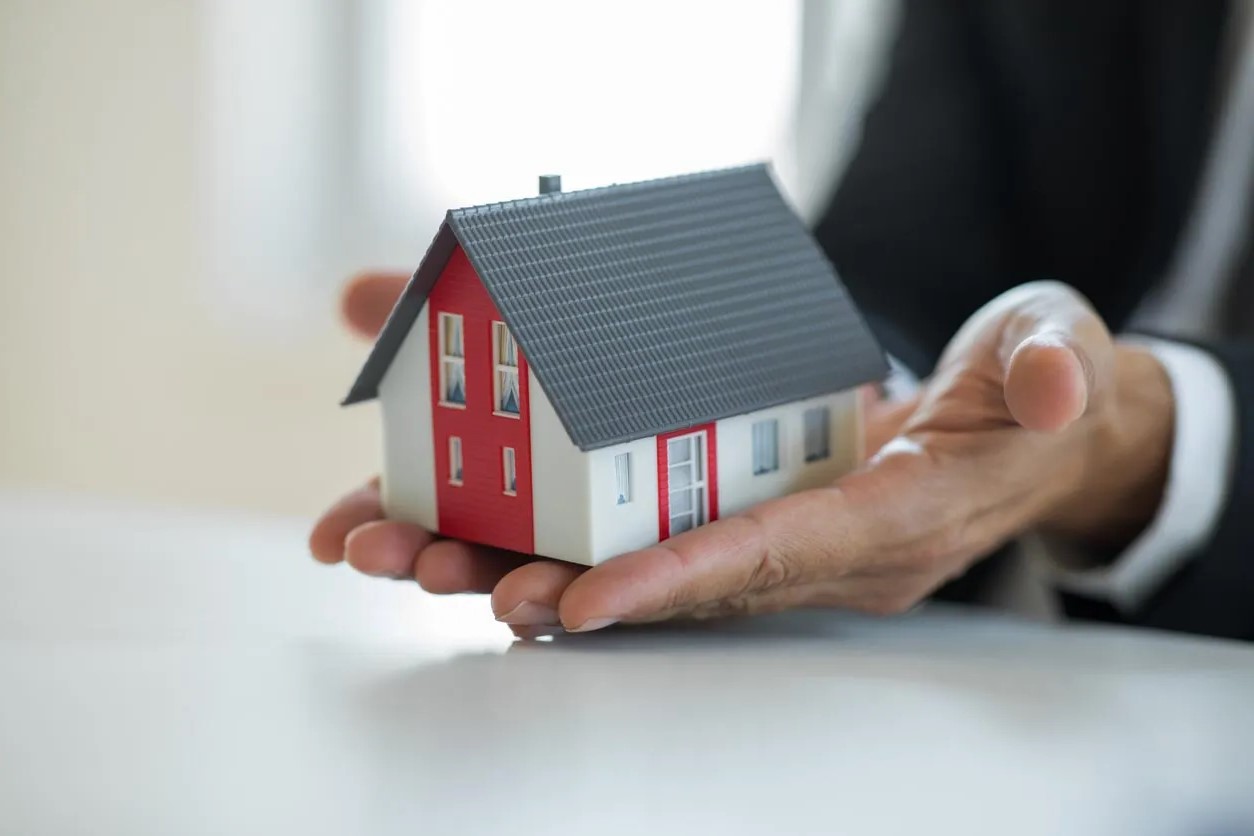
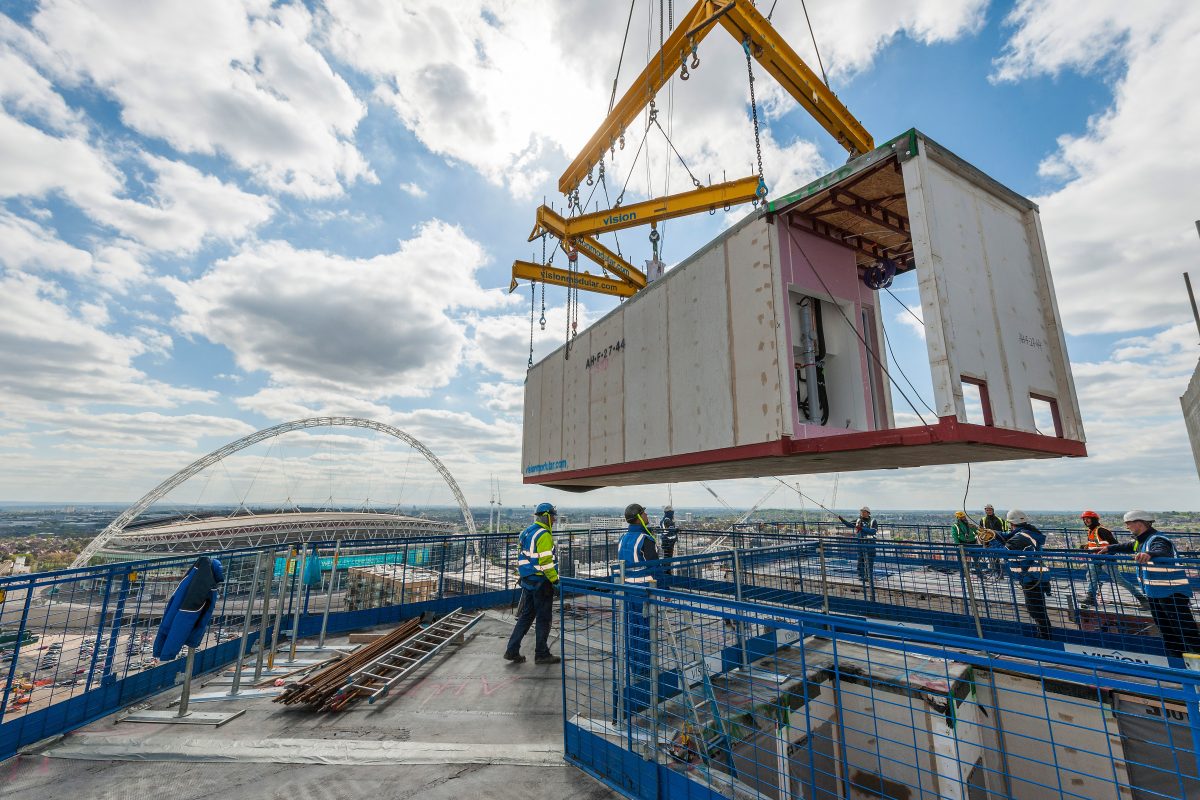
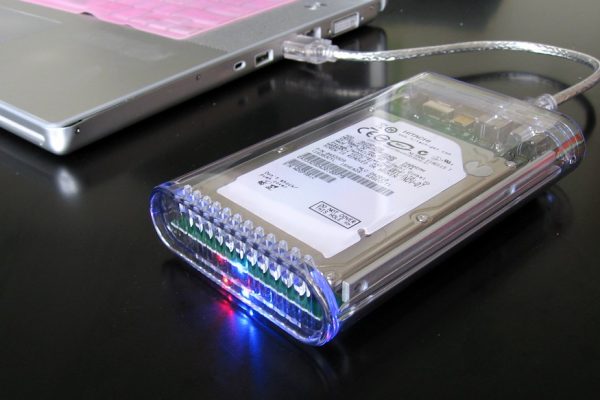
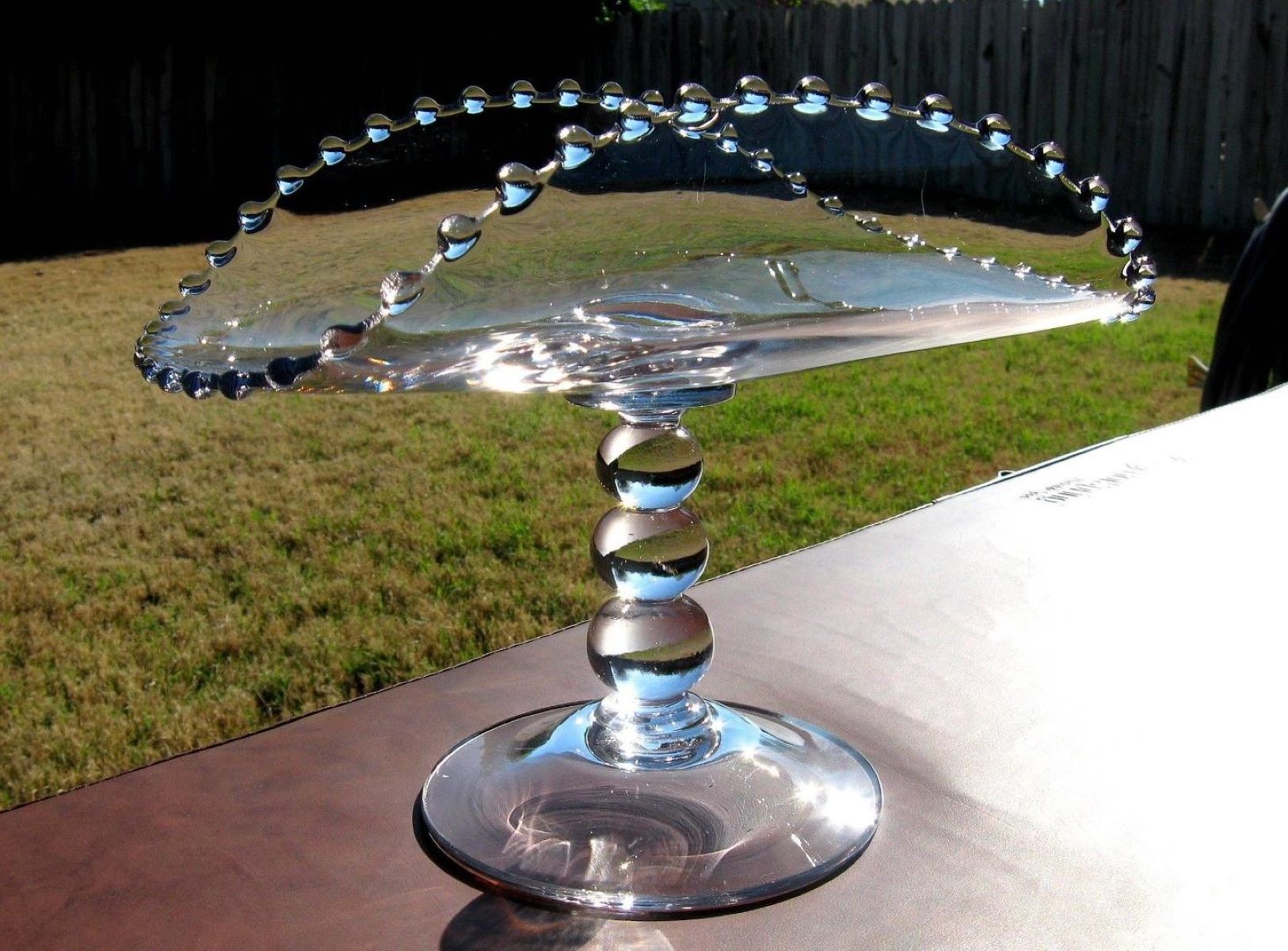
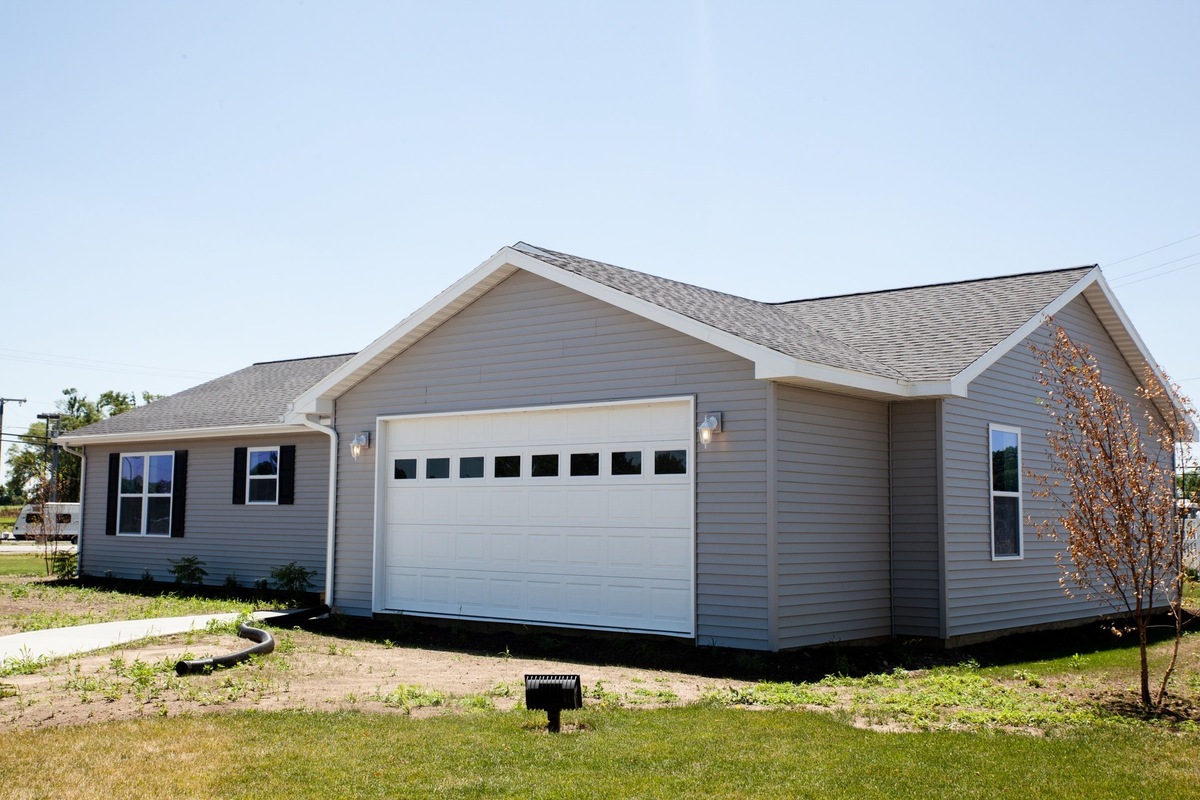
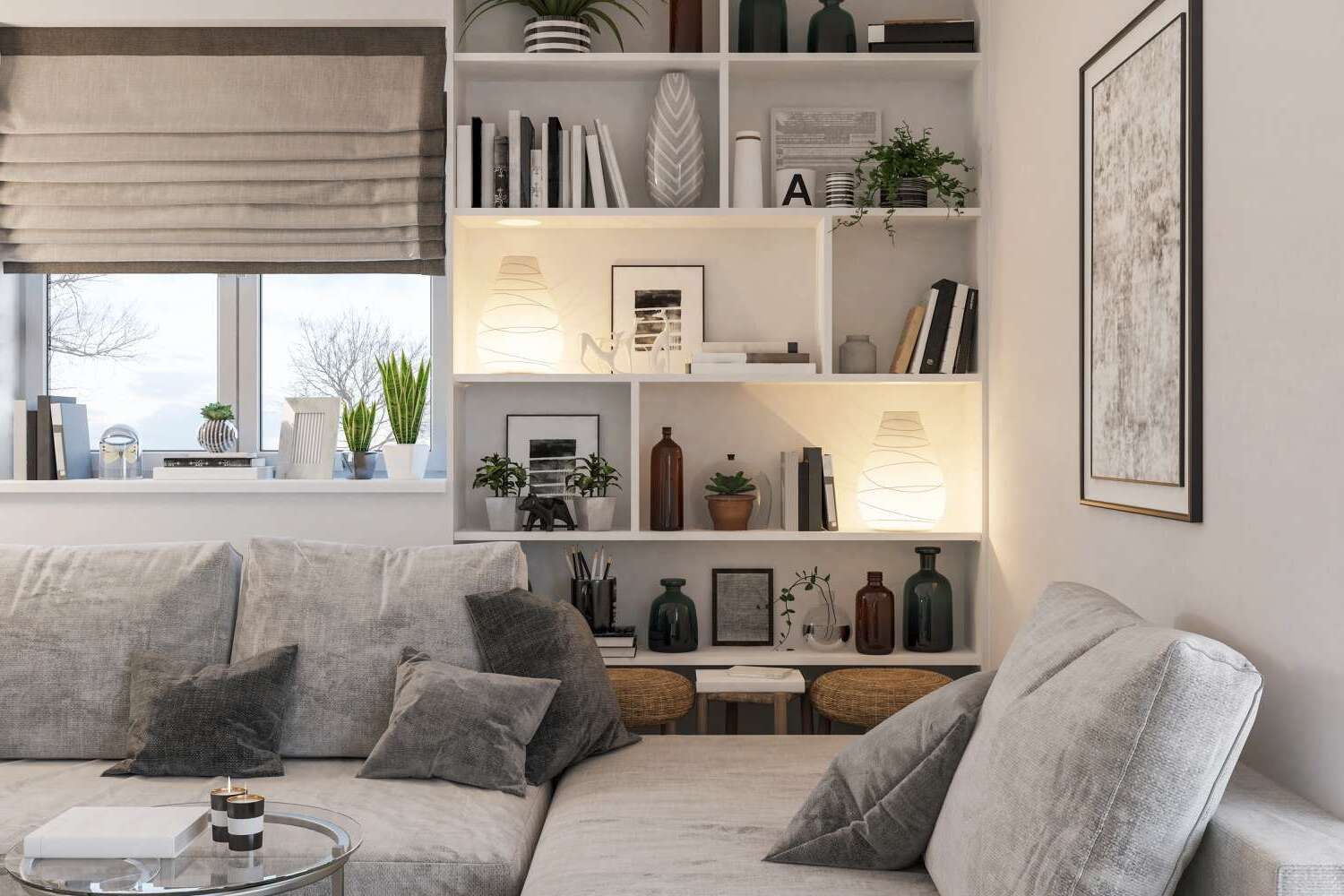
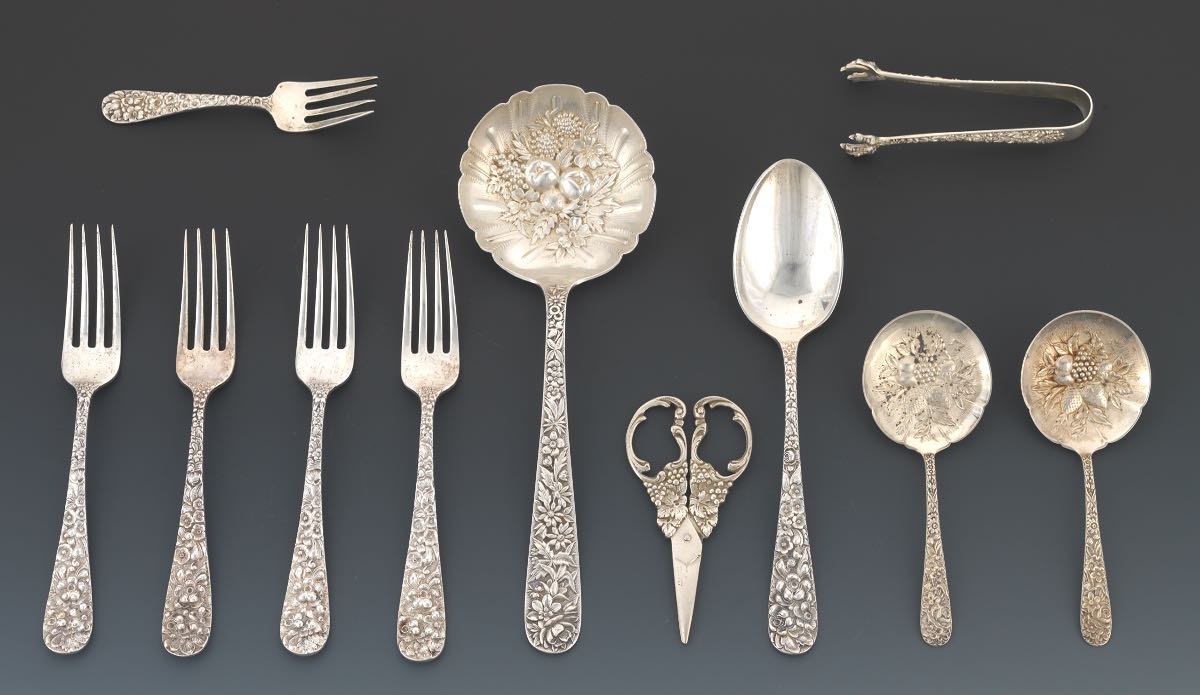
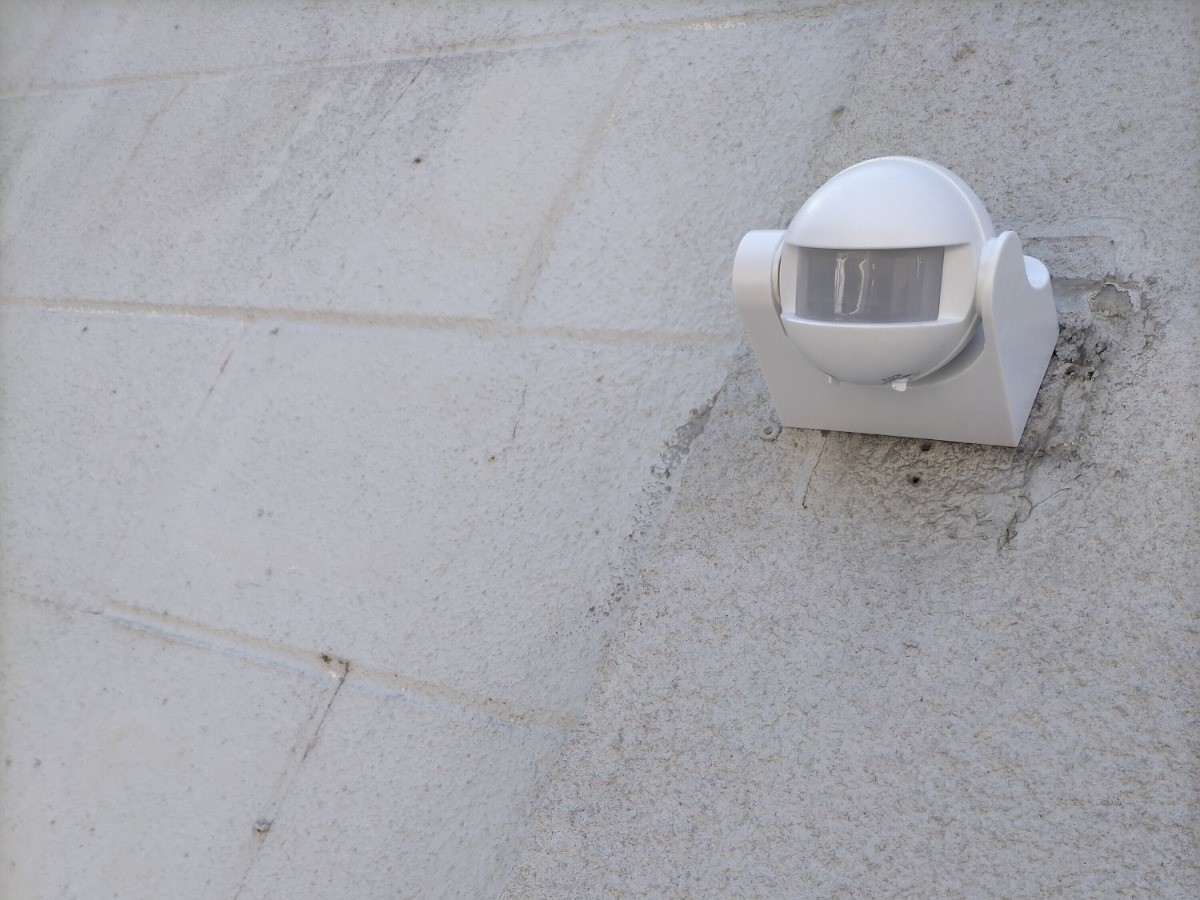

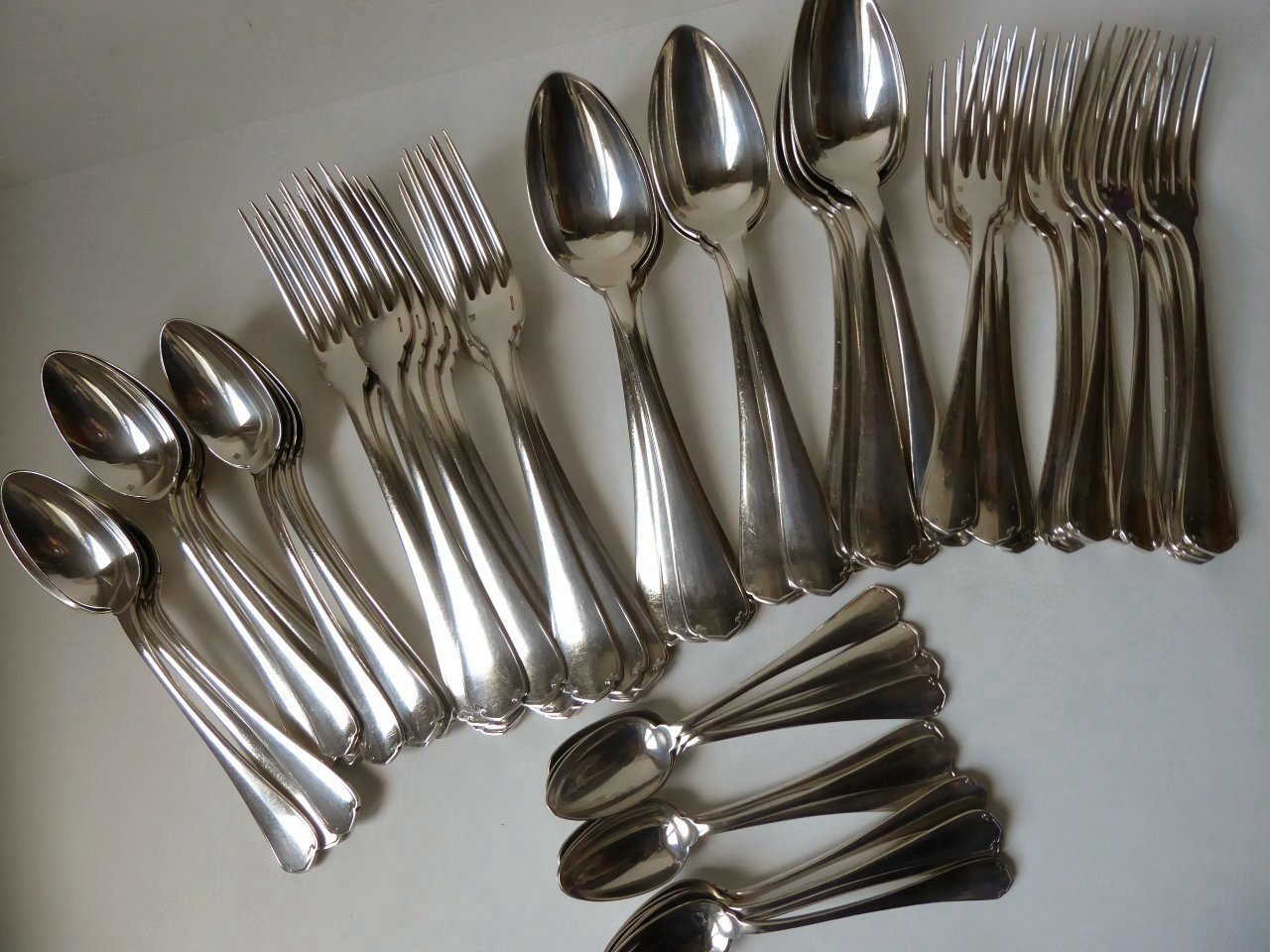

0 thoughts on “What Is A Modular Home And Is It Worth Buying One?”